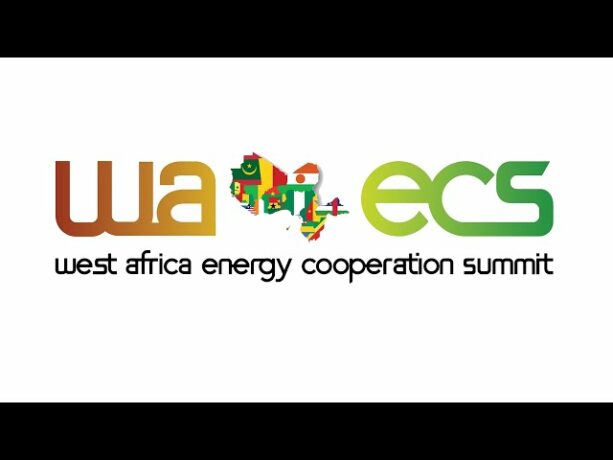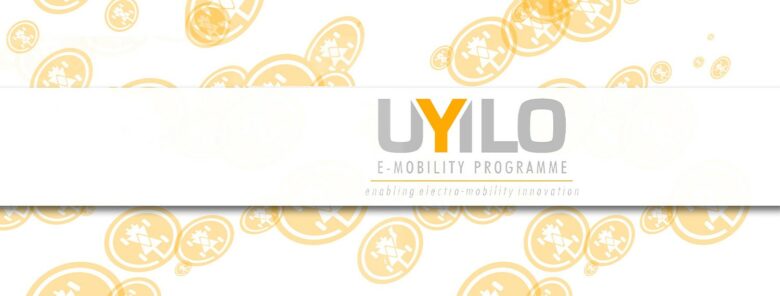
The country is attracting investment in exploration opportunities, striving to mirror upstream success seen in regional basins
Lanciné Conde, Director General of Guinea-Conakry’s National Petroleum Agency (SONAP), is speaking at this year’s African Energy Week (AEW): Invest in African Energies conference. Taking place September 29 to October 3, 2025, in Cape Town, the event is the premier meeting place for the African energy sector. Conde’s participation will not only enable greater insight into the country’s emerging energy opportunities, but lay the foundation for new deals and partnerships to be forged.
While Guinea-Conakry is yet to make a commercial oil discovery, the country is implementing measures to turn this trend around. The country is finalizing terms for a potential licensing round, seeking to attract new players into the frontier oil and gas market. The licensing round – offering 22 blocks for exploration – is set to reinvigorate exploration in the country and is complemented by a wealth of offshore seismic data. At AEW: Invest in African Energies 2025, Conde will share insight into these block opportunities, underscoring the significant potential that lies in Guinea-Conakry’s upstream oil and gas market.
” Strategically located in close proximity to regional projects and offering a wealth of seismic data, the country has emerged as a hotspot for global frontier explorers “
AEW: Invest in African Energies is the platform of choice for project operators, financiers, technology providers and government, and has emerged as the official place to sign deals in African energy. Visit http://www.AECWeek.com for more information about this exciting event.
To support offshore oil and gas exploration, Guinea-Conakry is strengthening its library of seismic data. SONAP established the country’s first national seismic data visualization center in collaboration with global data acquisition and technology firms SLB and TGS. The center offers 15,000km² of 3D seismic and 45,000 km² of 2D seismic data. SONAP is also seeking technical partners to acquire further 3D seismic data, targeting offshore plays. Onshore, the company is seeking partners to develop gravity and magnetic surveys. These efforts stand to support exploration. To date, five prospect wells have been drilled in the country. Further exploration could not only generate greater understanding of the country’s oil and gas acreage but unlock commercial discoveries.
Guinea-Conakry’s upstream oil and gas potential is reaffirmed by commercial success witnessed in regional basins. Large-scale projects in Senegal and Mauritania have showcased the significant potential available offshore the MSGBC region, thereby making a strong case for Guinean exploration. These include the 100,000 barrel per day Sangomar oilfield in Senegal – which started production in 2024 – and the five million ton per annum (mtpa) Greater Tortue Ahmeyim (GTA) LNG project, straddling the maritime border of Senegal and Mauritania. First gas flowed at GTA phase one in early 2025, with a capacity of 2.5 mtpa. Investing in Guinea-Conakry’s offshore basins could unlock similar developments, and with Conde’s participation at AEW: Invest in African Energies 2025, detailed insight into upcoming block opportunities will be shared.
Meanwhile, to support operations across its mining industry, Guinea-Conakry is developing a multi-faceted LNG project. The project comprises the development of LNG receiving terminals, high-capacity regasification units, distribution infrastructure and gas-fired power plants with an estimated total capacity of 1,800 MW. LNG will be imported, regasified and then distributed to consumers across the country. In 2024, West Africa LNG Group announced plans to supply electricity to the country by 2025 as part of the project. The announcement follows an agreement between the company and Guinea-Conakry’s government in 2023 for the development of the $3 billion LNG project. Further updates will be explored at AEW: Invest in African Energies 2025.
“Guinea-Conakry represents a frontier market with significant oil and gas potential. Strategically located in close proximity to regional projects and offering a wealth of seismic data, the country has emerged as a hotspot for global frontier explorers. By investing in the country, operators stand to make play-opening discoveries while creating a new hydrocarbon province in West Africa,” stated Oré Onagbesan, Program Director, AEW: Invest in African Energies.



